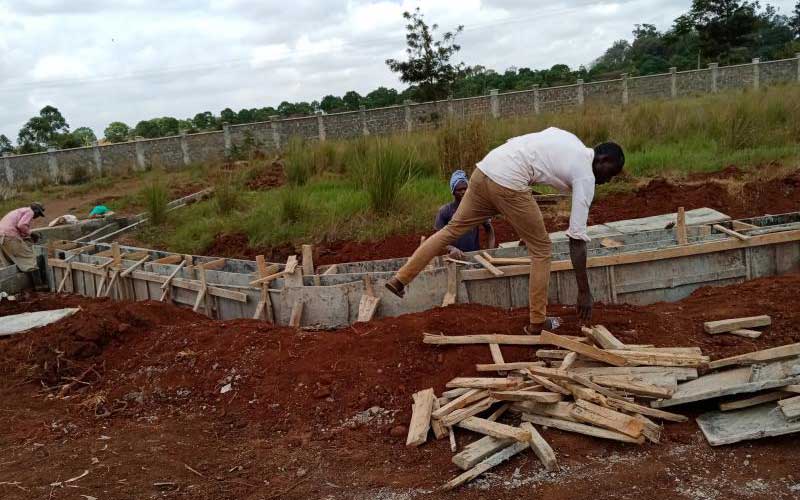×
The Standard e-Paper
Smart Minds Choose Us

The Ruiru III project by Mhasibu Housing Company Ltd where investors have decried delay. [Jeckonia Otieno, Standard]
In October 2014, Mhasibu Housing Company Limited (MHCL) invited its members and the public to buy into real estate property in Ruiru, Kiambu County.